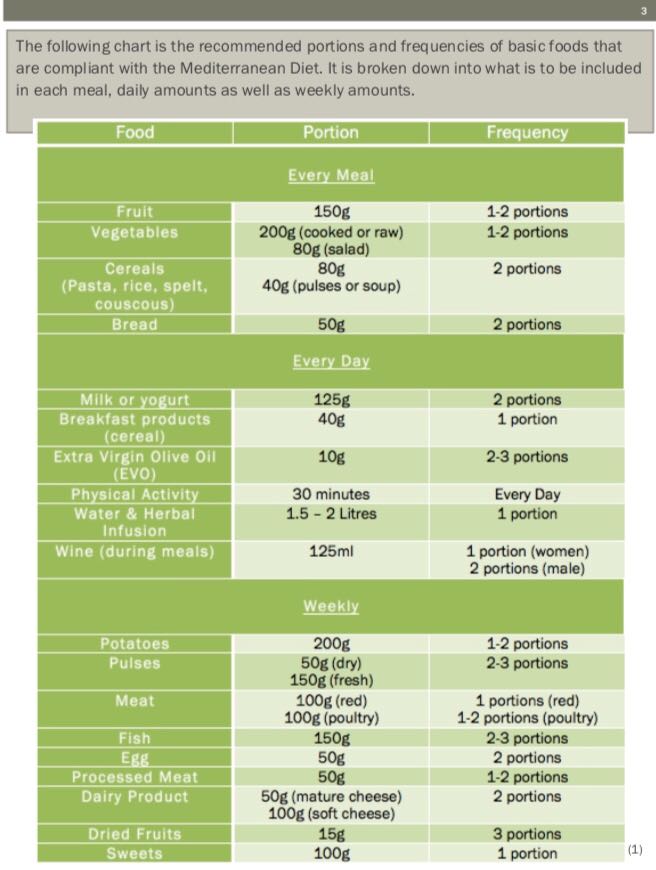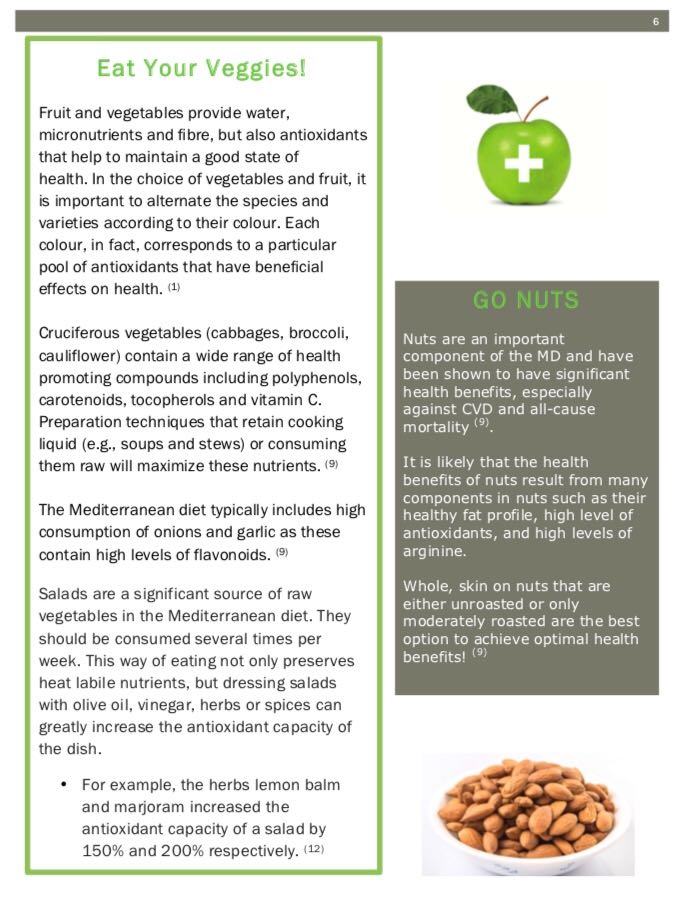The foods we eat give us the nutrients necessary for good health. Our body runs on biochemical machinery (like the engine of a car) which requires the right fuel for optimal function. The neurotransmitters in our brain that contribute to our well-being and happiness require the right nutrient raw materials for their synthesis and conversion to help us stay happy, calm, and motivated to live our best lives.
We’ve gathered some recipes for happiness that have all the right nutrients to support these neurotransmitters and keep you fueled for wellness and success!
serotonin
Serotonin contributes to well-being and happiness, and helps with sleep cycles and digestive system regulation. Serotonin is made from the amino acid tryptophan, which can be found in high amounts in chia seeds, whole milk, sesame seeds, yogurt, pumpkin seeds, prunes, spirulina, raw cacao, wheat bread, and edamame beans.
Image source - Oh She Glows website
(Happy) health chia seed pudding:
https://ohsheglows.com/healthy-chocolate-chia-pudding/
*This recipe is made with chia seeds and cacao, which are both rich in tryptophan. Chia seeds have 202mg of tryptophan per ounce, and cacao has 18mg per ounce. Top with pumpkin seeds (121mg/oz) and sesame seeds (189mg/oz) for a tryptophan-packed snack when you need a serotonin boost!
dopamine
Dopamine is associated with feelings of pleasure and motivation; people tend to repeat behaviours that lead to dopamine release, so it is also associated with addiction. Dopamine is made from the amino acid tyrosine (which our bodies are able to make), but they require another amino acid - phenylalanine - in order to do so. Phenylalanine is an amino acid our bodies don’t make, so we need to obtain it through diet. Phenylalanine is found in high amounts in many high-protein animal products such as chicken, beef, eggs, fatty fish, dairy products, legumes, nuts, seeds, and spinach.
Image source - Against All Grain website
(dopamine-driven) healthy chicken parmesan
https://againstallgrain.com/2011/04/21/chicken-parmesan-with-spaghetti-squash/
*This recipe is made with chicken (1310mg of phenylalanine per 100g) and parmesan cheese (1870mg/100g). Add in some spinach and get ready to take on the day!
GABA
GABA is the calming neurotransmitter. GABA is made from the amino acid glutamate, which is excitatory and can actually increase feelings of anxiety. Vitamin B6 is necessary in the conversion of glutamate (excitatory) to GABA (calming) to help you maintain a relaxed and balanced mood.
Inage source - Nadia’s Healthy Kitchen website
crunchy (calm) pistachio bars
https://nadiashealthykitchen.com/5-ingredient-crunchy-pistachio-bars/
*This recipe is made with pistachios, which have 2.1mg per cup, which is the highest amount of Vitamin B6 per 100g - even compared to animal products. With a bit of serotonin-promoting chocolate, this is a happy snack!
Happy, healthy eating!
Dr. Jacalyn Sieben, ND
resources:
Mosconi, L. (2018). Brain Food.
https://ohsheglows.com/healthy-chocolate-chia-pudding/
https://againstallgrain.com/2011/04/21/chicken-parmesan-with-spaghetti-squash/
https://nadiashealthykitchen.com/5-ingredient-crunchy-pistachio-bars/









